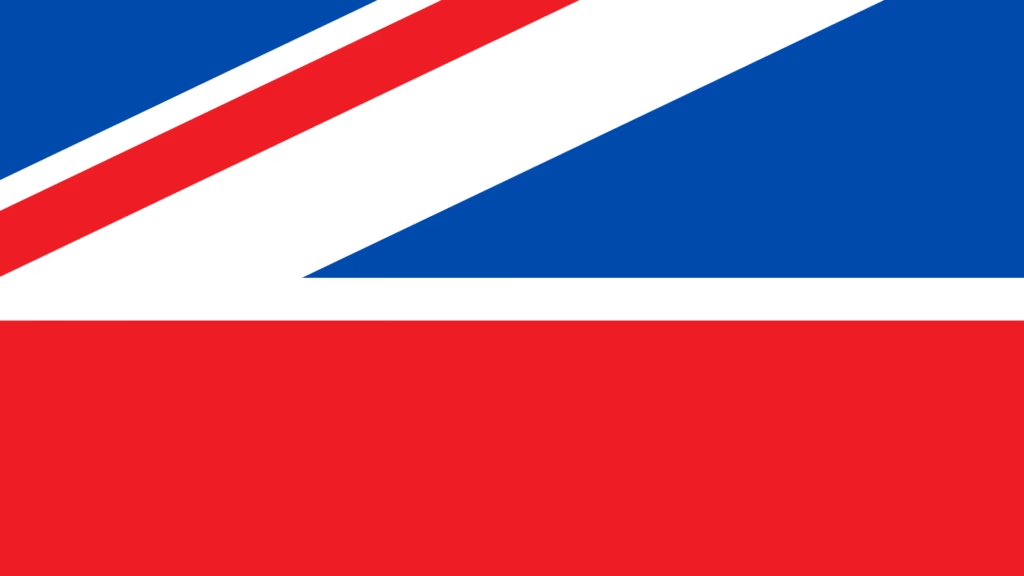For those who aren’t familiar with them, Polygon is a gaming website covering news, reviews and more. It was initially launched by Vox Media (known for The Verge and Vox) back in 2012. The website generally gained popularity with readers and earned several award nominations (including Webbys). Recently the website was sold to Valnet, a company that runs several other websites publishing tech and gaming news. This is a brief story of how Polygon lost it’s credibility overnight – and why.

Some background
When Vox Media launched Polygon back in 2012, it was a relatively small publishing company. SB Nation and former-Engadget employees launched it through a surprising collaboration during the AOL era of Engadget. Those former engadget employees (notably Nilay Patel and Josh Topolsky) went on to create The Verge. Polygon became the third website launched by this new media company and was a spinout of The Verge’s gaming coverage.
The website aimed to create (in their words) “the most beautiful reviews”, and to rethink “static [review] scores”. They were notable also for their focus on long-form content. In addition, they aimed to create a vibrant community on their forums (now defunct). The website has generally been popular since launch, and attracted a considerable following.
Valnet is a Canadian company that’s been around since 2012. They form another large blog network which includes Game Rant, XDA Developers and Android Police. Employees have shared mixed opinions about them over the years regarding their business practices. An article by The Wrap in March carried a headline that called Valnet a “digital sweatshop” based on employee interviews. Valnet disputes the article and is now suing The Wrap in response. The lawsuit alleges that the article was an “inflammatory hit piece”.
Valnet began talks with Vox Media early 2025 to acquire what head of acquisitions Rony Arzoumanian called a “triple-A gaming brand”. Valnet announced the purchase on May 1st, 2025.
What did the takeover look like?
Messy, by the sounds of it. Despite Arzoumanian telling The Verge that they would “do what’s right” for Polygon, their initial actions have raised some eyebrows.
On the day that the sale of the website was announced, Valnet carried out mass layoffs among the writing team. Polygon co-founder Chris Plant posted on Bluesky:
I'm no longer with Polygon. If you're hiring, please consider the many talented writers and editors now on the market. Every one of them deserves a spot on your staff. I won't be talking more about the sale because I wasn't involved. Going to hang out with my kid. Taking wins where I can.
— Chris Plante (@plante.bsky.social) May 1, 2025 at 12:25 PM
Plant wasn’t the only employee affected – at least 11 other staffers posted similar messages to Bluesky. The Verge has a collection of them.
Along with just about everyone else at Polygon, I am now out of a job, ending over a decade at Vox Media for me. Working at Polygon was a wonderful experience, and I'm proud of the work we did there. I will be looking for work, as well as starting my own project(s) on the side. Stay tuned!
— Pete Volk (@petevolk.bsky.social) May 1, 2025 at 12:31 PM
The Vox Media Union released a statement addressing the lay-offs saying (in part) “losing Polygon to such a company [Valnet] is not just a loss for Vox Media, but for our industry and internet culture as a whole. From a sustainability perspective, it makes little financial or long-term sense, and speaks to a lack of care and consideration for this company and its staff”
Harsher criticism surrounding the sale came from former Polygon editor-in-chief Chris Grant. He said “Their press release proudly calls Polygon a ‘premium gaming publication’ but Valnet literally refused to meet with me or answer a single question of mine throughout this process. They were wildly incurious about how a gaming publication even becomes ‘premium.’”
In a way hearing of how the sale of Polygon was handled stings almost as much as the loss of one of my other favourite tech content providers, Mac Address.
So why has Polygon lost credibility?
Polygon didn’t lose credibility simply because Vox Media sold it. In fact, respected websites change hands all of the time (such as Engadget). Instead, I feel Polygon lost credibility due to how the transition has been handled. Not to mention what was lost in the process.
See, the layoffs wiped out much of the editorial team that gave Polygon its distinctive voice. Writers and editors who helped shape the website into a respected platform were abruptly removed. Worse still, it seems that most of these employees didn’t learn about the sale until the announcement itself. The credibility of a media brand depends on trust. That’s trust in the writers, in the editorial judgement behind stories, and independence of the publication. By removing much of the writing and editorial team, they’ve lost those trusted voices.
It’s also concerning to me that Valnet were seemingly uninterested in engaging with tenured members of the team like Grant. If they truly feel that “Polygon has a lot of potential and could be much more” then surely you should be interested in how it got to where it was in the first place?
If Valnet wants to demonstrate that it can uphold Polygon’s legacy, it faces a bit challenge. A brands credibility comes from more than just a brand name. With so many of the trusted voices suddenly gone, this is a moment where Valnet needs to show that it cares more about quality than quantity. That will mean investing in experienced writing talent, being transparent about their editorial decisions and having a long term vision for what they want the site to be.
In short, I feel that in this transition Polygon hasn’t just changed owners. Instead, it’s lost its identity and with it, the credibility that took a decade to build.
Disclaimer
This is an opinion piece and should be read as such. I make no personal claims regarding Valnet’s alleged business practices and criticisms of such. Information regarding Valnet is based on publicly available reporting at the time of writing and all sources have been hyperlinked. Valnet disputes certain claims referenced above, and this article does not intend to assert any facts regarding these allegations. I have done my best to cover both sides of any allegations in order to provide balance and allow readers to draw their own conclusions.
Cover photo via Vox Media.





